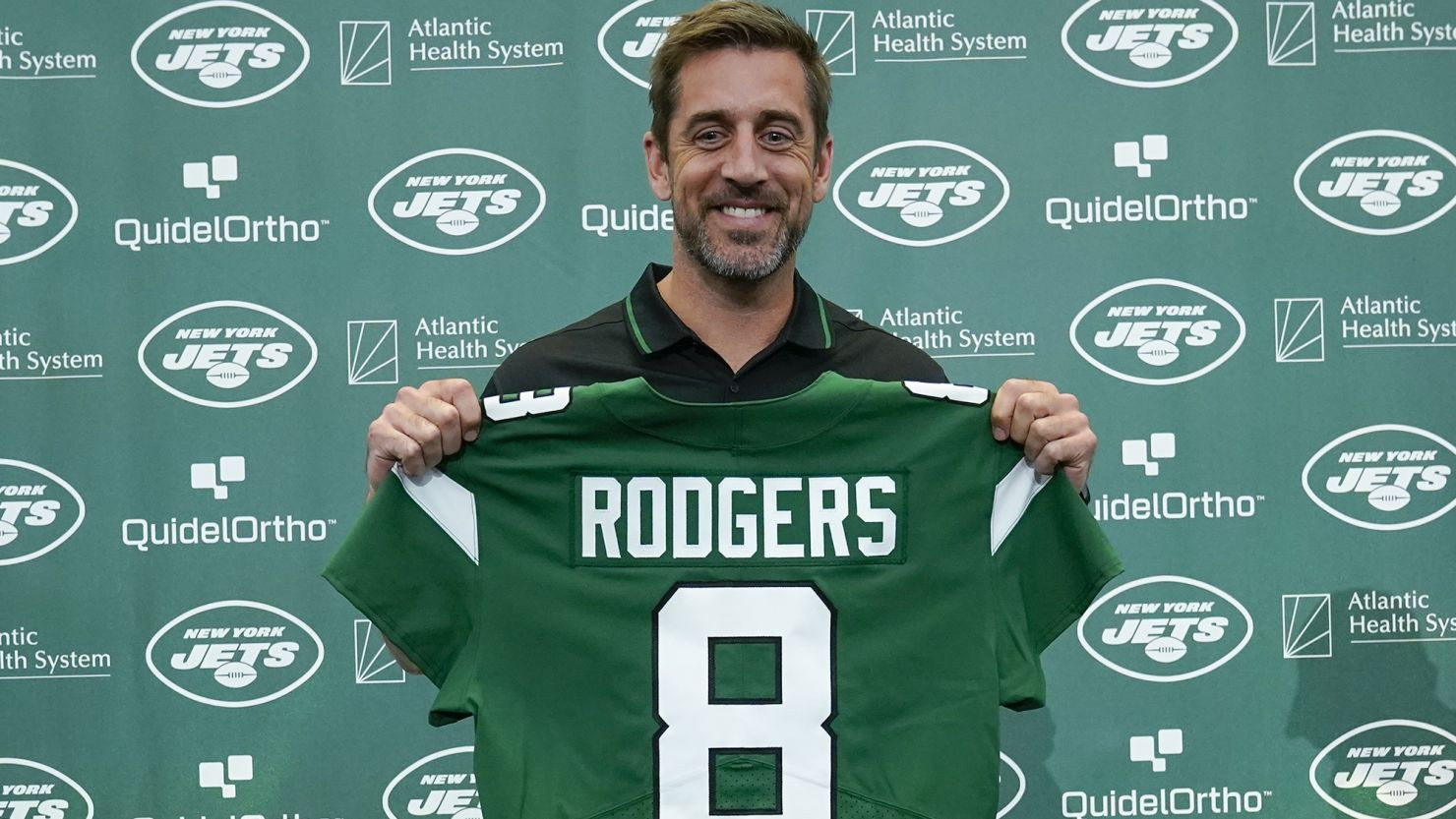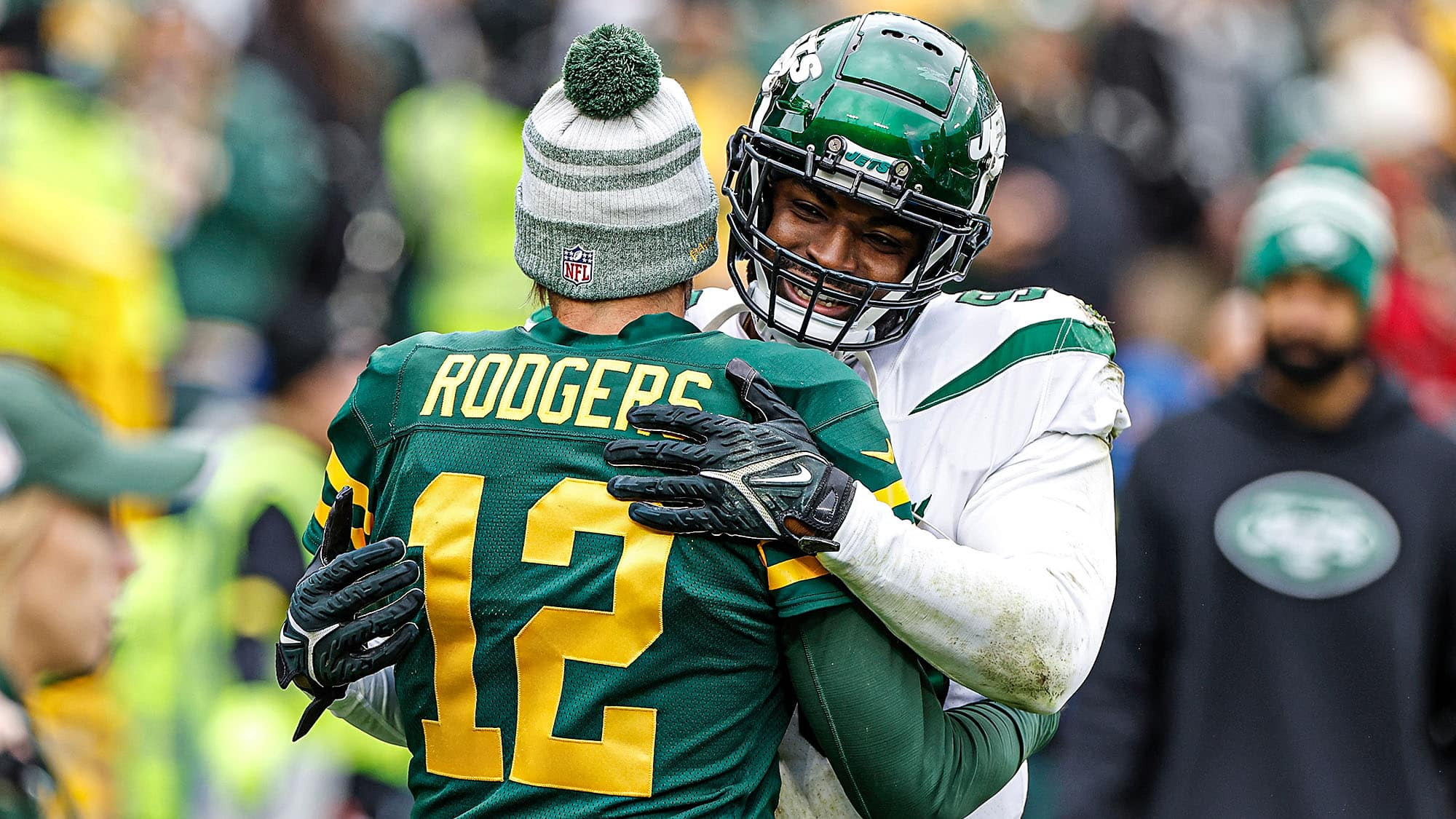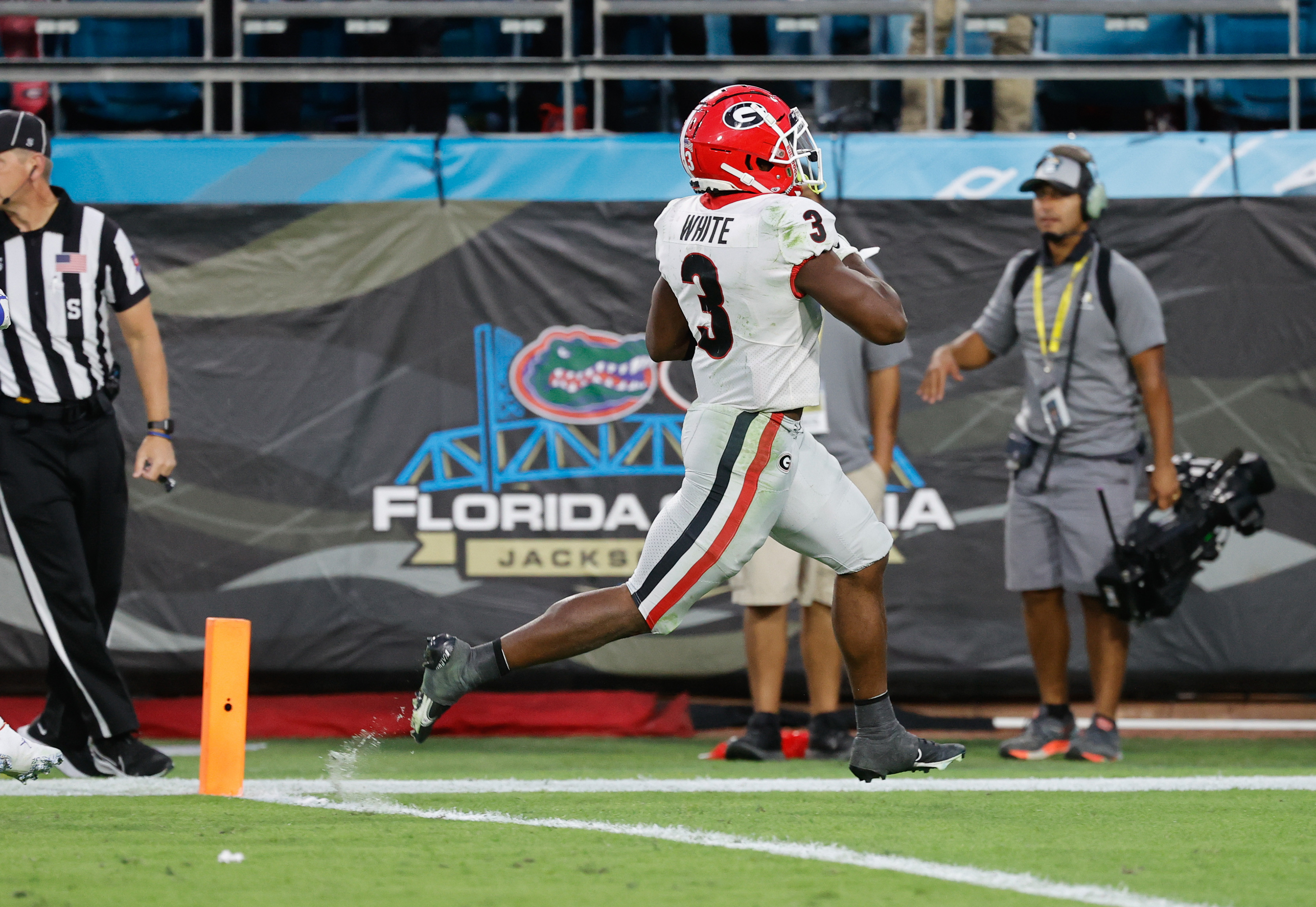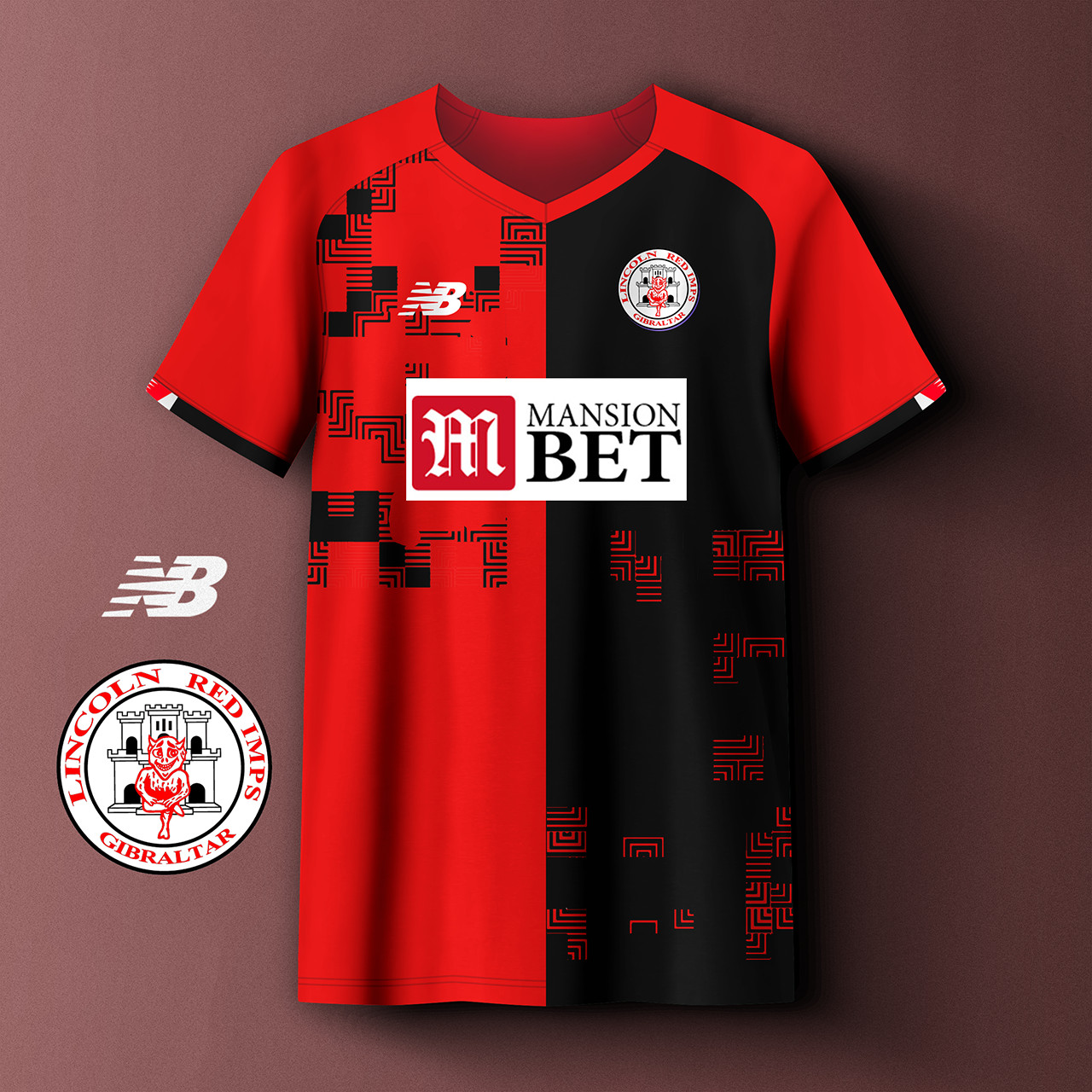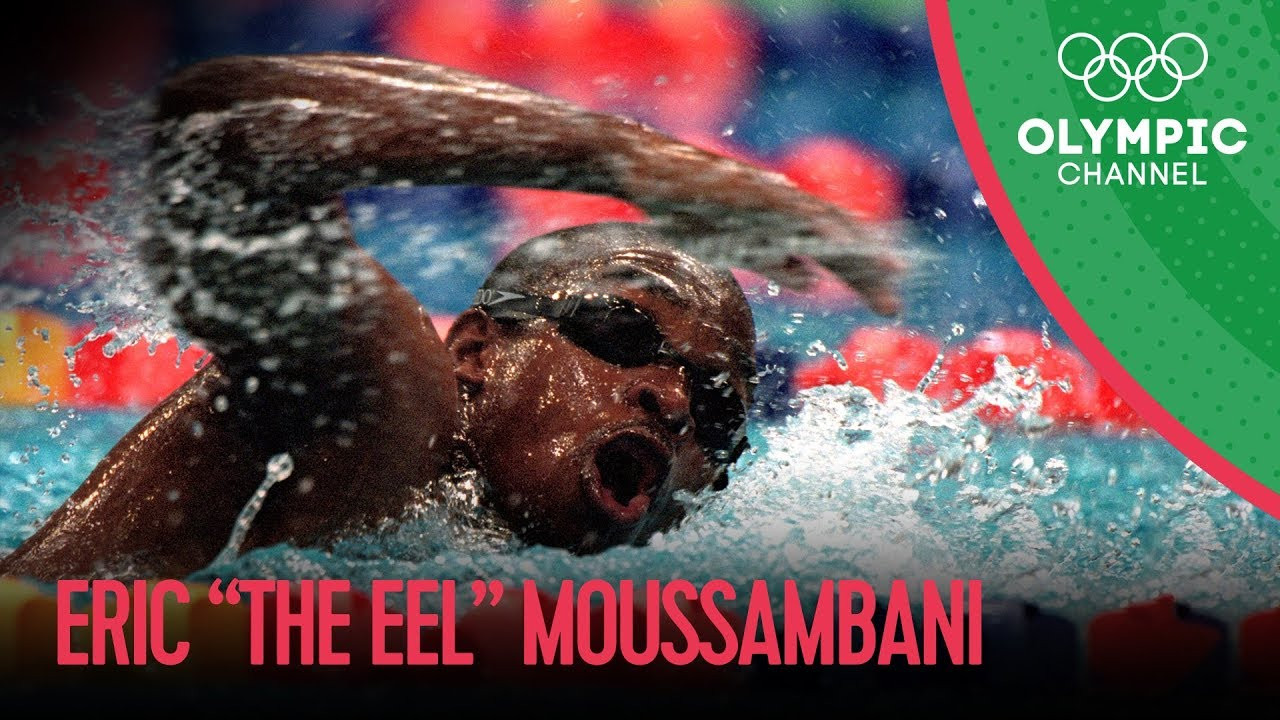Of everything in my life, I have given the most while receiving the least from the New York Jets. I was a season-ticket holder, via my dad, starting at four years old. We sat with my brother and my dad’s friend Mitch in the three-hundred level of the old Giants Stadium, that black-diamond slope of obscenity and beer. In my first year, the Jets won a single game. This almost counts as a fond memory.
It’s probably gratuitous to list all the miseries, goofs, humiliations, and butt-fumbles that would ensue, the Thanksgivings ruined, the teasing, the wasted time, the afternoons I’d be grumpy to loved ones. The Jets have hosted a total of two home playoff games in my lifetime, and I went to both. The first, against the Jacksonville Jaguars, was on my seventh birthday. Remarkably, the Jets won. I was ten for the second, against the Indianapolis Colts. The Jets won that one, too. (41–0!) I remember a sense that I’d witnessed something rare and maybe unholy. Jets fans make a show of rejecting, almost disdaining, hope—a collective coping mechanism and also a lie. There we all were, each week, in our seats.
The Blind Spot of Fandom
I can still recite a lot of those two-deep rosters. Curtis Martin, reliable as a Japanese train. Vinny Testaverde, the Brooklyn guy. Wayne Chrebet, gritty and, in retrospect, horrifically concussion-prone. Keyshawn Johnson, Kyle Brady, Kevin Mawae, Bryan Cox. I can tell you all about these guys on the field—their styles, their stats. But about them as humans, as people with thoughts and interior lives—nothing. Did I know anything about Jumbo Elliott that couldn’t be gleaned from his name? No. That was enough. Was Mo Lewis a good guy? What did he do in his leisure time? I couldn’t say. He hit very hard.
Over the years, this instinctive blindness has turned into a general philosophy: I find it’s best to know a bare minimum about the players on your favorite teams, and no more. It’s like reading a novel; you want just enough detail to set your mind running. David Foster Wallace, reviewing the memoir of the tennis star Tracy Austin, described a compulsion to know everything about sports geniuses. “Watching the performance is not enough,” he wrote. “We want to get intimate with all that profundity. We want inside them; we want the Story.” I am proposing a suggestion: don’t.
The Problem with Knowing Too Much
Following sports is an exercise in imagination. You dream that the Jets will win the Super Bowl. (They won’t.) You come to believe that you have an emotional history with the protagonists. (You don’t.) Watching the Yankees, I will sometimes talk to the players, usually by first name. It goes without saying that none of these men would know me if I bumped into them on the street. Even the games themselves are a communal delusion; they matter only because enough of us have agreed to act like they do. In the light of day, when the idols become people, with weird opinions, or irritating habits, or perhaps even certain feelings about you, the fan, it ruins the spell. Now you’re just an adult talking to your imaginary friends, i.e., a loser.
Last year, the Jets traded for Aaron Rodgers, the cartoonishly gifted quarterback from the Green Bay Packers. The good news is that the Jets were a team that needed a quarterback desperately, and that Rodgers is probably the team’s best hope at a Super Bowl in a long time. The bad news is that I know way too much about him.
Rodgers, the man, is unavoidable. He’s swaggering around on HBO’s “Hard Knocks.” He’s hosting “Jeopardy.” Last year, he tore his Achilles tendon on his fourth play with the Jets. (I don’t want to say that an Achilles injury to the quarterback, early in the first game of a potentially very successful season, could happen only to the Jets—but both times it’s occurred, it has happened only to the Jets.) Yet he was still everywhere, saying something crazy to Joe Rogan, or to Pat McAfee, the bare-armed bro-mentator on ESPN. He is frequently in the actual news, usually for saying things like the COVID vaccine was “experimental gene therapy” that “changes your DNA.” (Robert F. Kennedy, Jr., considered Rodgers as a running mate.) Every week, some fact, new or old, reaches my notice. Rodgers asking, skeptically, of the Second World War, “We were the good guys?” Help! Him treating his COVID, on Rogan’s advice, with Ivermectin? No! His ex-fiancée, Shailene Woodley, promoting the benefits of eating clay? (“It apparently provides a negative charge, so it bonds to negative isotopes. And, this is crazy: it also helps clean heavy metals out of your body.”) Make it stop!
My official surrender came in the form of “Out of the Darkness: The Mystery of Aaron Rodgers,” a new book by the veteran sportswriter Ian O’Connor. The book, which has been strip-mined for scoops in recent weeks, includes more of Rodgers’s thoughts on vaccination, along with references to his sex life; the various vision quests, and the ayahuasca, he’s taken in the desert; and the time he saw a U.F.O. I’d apparently missed some more conspiracy theories he likes debating: 9/11, the Kennedy assassination, one I’ve decided not to parse that has to do with a lost Tartarian Empire. He has privately expressed some skepticism over whether the Sandy Hook massacre happened, though he later walked that one back. Most bafflingly, he has wondered aloud about a fringe belief that the N.F.L. is scripted.
The Hero's Journey and the Reality of Aaron Rodgers
Let’s say this for Rodgers—his football story, at least, is fascinating. Quarterbacks come packaged in certain archetypes. There’s the Chosen One (John Elway), the Tough Guy (Ben Roethlisberger), the Guru (Peyton Manning), the Balletic Genius (Patrick Mahomes). Rodgers was a classic Underdog. He didn’t play football until eighth grade because his father, a former college player, wanted to protect his children from injuries and concussions. In high school, in Chico, California, Rodgers didn’t play on the varsity team until his junior year—unthinkably late for a quarterback with any professional future. Not a single Division I college-football program wanted him. He ended up at Butte, a small junior college, wounded and motivated. It’s telling that perhaps the most stable relationship in Rodgers’s life, as portrayed by O’Connor, is with Craig Rigsbee, his coach at Butte, the only person who was willing to give him a shot.
Rodgers played well enough at Butte to transfer to the University of California, Berkeley, where he became a star. But more humiliations awaited. He was in the running to get drafted first over-all by his boyhood team, the San Francisco 49ers, but they decided against it. Instead, he endured a long fall in the draft; he sat in a green room, unwanted, for hours, as TV cameras captured his embarrassment. He recalls feeling as if the entire world were laughing at him. When he got to the Packers, he was regarded as a threat by the aging star quarterback, Brett Favre (archetype: Gunslinger Country Boy), who tried to emasculate him.
That’s the heroic version, anyway, of Rodgers’s early career, and it satisfyingly colors his subsequent success—M.V.P. awards, years of transcendent play, a Super Bowl win. Of course, Rodgers lived an actual life during all of this. He liked going out alone. He tried to get into the music business. His sexuality was questioned by teammates. He clarified, “I really, really like women.” He dated some beautiful women he really liked. He ghosted his first agent, his best friend, and the general manager of the Packers. He banished his entire family, without explaining why, to what friends called “The Island”—a zone of no contact. His relatives speculated it had to do with his rejecting his religious upbringing, or a dispute with them involving his former girlfriend Olivia Munn and premarital sex, or a concern that his family was sponging off his fame; he still isn’t on speaking terms with his parents, or his brothers. He pondered reconciliation. He attended musicals. He’s friends with a lot of podcasters.
The Fall From Grace: The Vaccine Controversy
The turning point in Rodgers’s public persona came in 2021, when he was asked if he’d been vaccinated against COVID-19. “Yeah, I’ve been immunized,” he responded. Later that season, after he contracted the virus, it emerged that he was not in fact vaccinated, and that he hadn’t followed N.F.L. rules requiring unvaccinated players to wear a mask indoors. He later explained that, by “immunized,” he meant that he’d been treated by a holistic doctor and had filed a five-hundred-page appeal to the N.F.L. to accept his alternative-immunization plan. The appeal was denied. (Rodgers said he was allergic to an ingredient in the Moderna and Pfizer vaccines and was concerned about blood clotting associated with the vaccine made by Johnson & Johnson. Woody Johnson, a billionaire Johnson & Johnson heir, now signs Rodgers’s paychecks as owner of the Jets.) People were angry that Rodgers wouldn’t take the vaccine, and that he’d dissembled. Rodgers blamed the “woke mob” for putting the nails in his “cancel-culture casket.”
The Art of Provocation
I can’t be the only Jets fan who prefers the heroic version to the messier personal one. The interesting thing about Rodgers is that he seems to recognize that this is a little dehumanizing. A common theme in the book is Rodgers, the former serial reject, experimenting with how far he can push his fans’ allegiance. “I don’t feel I need to sell myself to the fans,” he said at one point early in his Green Bay career, when he was still unproven. “They need to get on board now or keep their mouths shut.” Recently, he has embarked upon a campaign of provocations, culminating in him implying, with no evidence, that Jimmy Kimmel was connected to Jeffrey Epstein’s sex trafficking. In an interview with Vanity Fair, O’Connor offered an explanation for the turn. Rodgers’s arrival was “a lovefest unlike any I’ve ever seen in New York, at least with an acquired superstar,” O’Connor said. “I think he wanted to test that love.”
At points reading O’Connor’s book, I found myself feeling a little bit, but still alarmingly, like Laura Ingraham, the Fox News anchor who famously admonished LeBron James to stop speaking out on social issues and to “shut up and dribble.” This became a cudgel for conservatives during the Black Lives Matter protests, to be brandished against athletes who talked about racism. Those athletes, actually, included Rodgers. After the quarterback Colin Kaepernick was effectively blackballed from the league for protesting police violence, in 2016, by kneeling during the national anthem, Rodgers declared, “I think he should be on a roster right now,” and said he supported the movement. He was, at that point, something of a liberal hero. Barack Obama compared himself to Rodgers in an interview. (Rodgers, in 2022, called Obama the best President of his lifetime.) One could argue that Rodgers was misinformed about vaccines but right about Kaepernick, but it’s hard not to notice that, for the most part, the public has changed sides. We never really did care about a sports star’s right to an opinion—we just wanted him to have the correct opinion, or no opinion at all.
The Art of the Cliché
So what do we want to know about the people who produce the things we enjoy? “Biography used to be something you sought out, yearned for, actively pursued,” the memoirist Claire Dederer writes in “Monsters,” which examines great art made by bad people. “Now it falls on your head all day long.” Separating the art from the artist is difficult when it concerns actual art. The decisions artists make reflect their values, culture, kinks, tastes, prejudices, and politics. Miles Davis, V.S. Naipaul, Alice Munro, Kanye West, Picasso—knowing what I know about them can’t help but color my experience of their work.
Not so much for sports. The structures of the games—the rules, who gets to play, what they get paid—are shaped by society. But playing them, though it is sometimes artful, is not art. Throwing a ball is just throwing a ball. A Rodgers touchdown has nothing to do with who he thinks killed Kennedy. The story lines are not, in fact, scripted.
On the other hand, being a fan of a sports team is a deeper commitment than being a fan of Mozart or Colleen Hoover. We’re not just appreciating—we’re rooting. (Indeed, the rooting occurs even in the absence of appreciation: a “true” fan, unlike a bandwagoner, roots hardest when their team is producing subpar work.) Sports allegiance implies not a preference but a hereditary and usually permanent fact, like your eye color. No one is a Bill Cosby fan because their father grew up in Philadelphia. When he goes to prison, you find a new comedian to enjoy. But I find myself stuck with the Jets.
The Beautiful Mystery of Fandom
In some ways, modern cultural consumption is becoming closer to sports fandom. Stan culture has a lot of the parasocial connection. The pop singer Chappell Roan recently expressed bewilderment at her fans’ perceived closeness to her. “This is a lady you don’t know,” she said. “I’m a random bitch, you’re a random bitch.” Political partisans increasingly share my sports instinct for willful ignorance. Have you met a Donald Trump fan who is interested in his actual biography? This can’t bode well. Dederer noted the particular dissonance that results when the Art Monster is someone you thought was on your team. You think, Not our guy.
What did I want from Rodgers instead? If I’m being honest with myself, I wanted Rodgers to take it one day at a time. I wanted him to trust the process, to recognize that iron sharpens iron, to have left it all out there on the field, to be no stranger to adversity. I wanted the easiest thing to find in sports. I wanted a cliché.
Does this make me a hypocrite? I write about sports with some regularity, and naturally prefer thoughtful answers to rote ones. Earlier this year, reporting another piece, I spoke with Rodgers at length about his recovery from Achilles surgery. I found him to be personable and smart. Rodgers, as O’Connor notes, is known to sportswriters as a decent-enough guy. He makes it a point to be available, and prefers candid conversations at his locker to the sterility of the press conference. He admits to hobbies. He reckons, if often bizarrely, with how his sport fits into wider society. He does the only thing you can ask for, really, which is answer the questions you put before him. As a bonus, he often does it colorfully. Once, when waffling publicly over retirement, he called his future “a beautiful mystery.” Compare this to New York’s other superstar, the Yankees’ Aaron Judge, whose reaction two years ago, upon hitting a home run that set the American League record, was, “There was a good sense of relief once I saw it in that fan’s glove.”
Cliché and the Limits of Understanding
David Foster Wallace, reviewing the Tracy Austin memoir, was frustrated and disappointed by her failure to explain her profundity. Like most athletes, she was unable to rise above cliché. Why? Wallace concludes, “Maybe it’s because, for top athletes, clichés present themselves not as trite but simply as true, or perhaps not even as declarative expressions with qualities like depth or triteness or falsehood or truth but as simple imperatives that are either useful or not and, if useful, to be invoked and obeyed and that’s all there is to it.”
If you’re trying to understand athletes, to grasp how they do it, and what it feels like, the cliché is frustrating. If you’re trying to enjoy them, maybe it’s not as bad as Wallace thought. There is a reason the cliché predominates. Its appeal is the possibility that it’s hiding something more interesting, that there is depth of thought too sophisticated to air, or some secret that can’t be shared. The cliché offers the prospect that the athlete is just holding back, instead of the reality of finding yourself wishing that they would.
The Assholes We Root For
One thing you learn as a sportswriter is that most teams have a handful of assholes who are not worth knowing. For a few years, the Yankees employed Aroldis Chapman, one of the best closers in the league, who’d been suspended for allegedly choking his girlfriend and firing a gun near her head. (Chapman denied hurting her.) Yikes—our guy. Except for the hard-core deniers, most fans, I think, deal with these inconvenient details with a level of irony and sheepishness—our domestic abuser really had a great fastball today. I never talked with him through the TV. This diminishes a lot of the charm. Fandom is nothing if not earnest. Chapman’s defining moment with the Yankees came when he gave up a season-ending home run in the playoffs, to the Houston Astros. I was happy it happened to him, but that doesn’t mean I was happy it happened.
Rodgers’s transgressions are relatively minor. He’s a crank and a provocateur, not a monster. I suspect I’ll root for him with a dash of irony. (“Touchdown, Tartaria!”) But is this any weirder than rooting for any other grown man you don’t actually know? I think Rodgers is so frustrating to fans because he lays bare the ridiculousness of our position. Why do we feel entitled to enjoyment without any conflict? Why do we care so much? The most brutal part of O’Connor’s book comes when the author, with the book nearly done, finally visits the quarterback at his home in Malibu for some in-person fact-checking, and Rodgers dismisses the whole project with polite savageness. “Listen man, you’ve done a lot of research,” Rodgers says. “A lot of stuff I don’t care about, honestly.” On this point, I agreed. ♦




